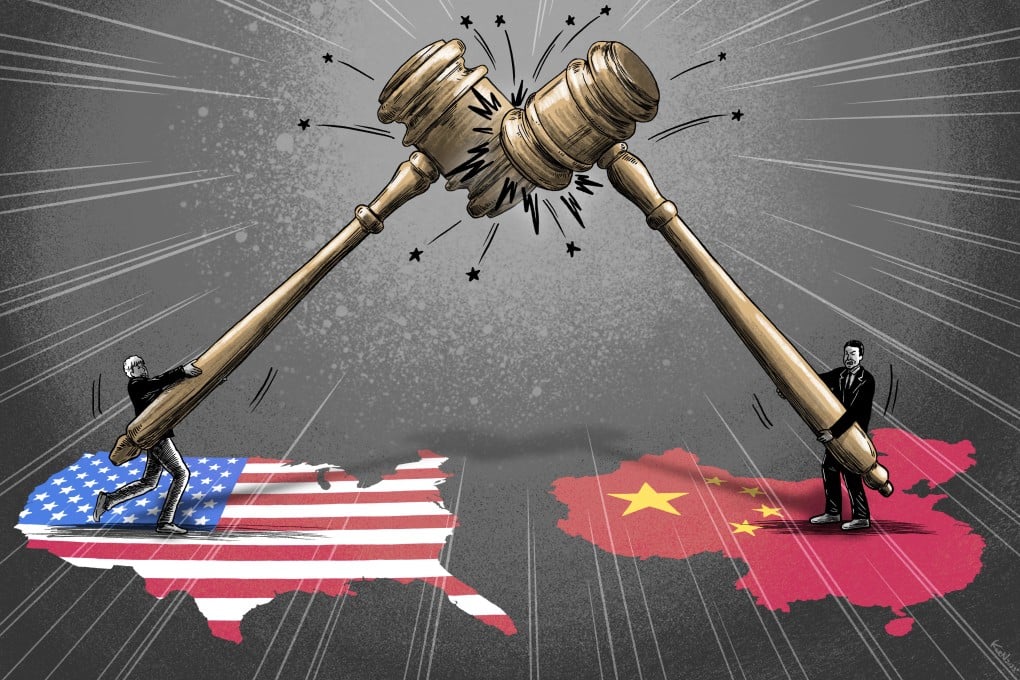China’s foreign relations law signals new red lines, but doesn’t say what crosses them
- Sweeping legislation concentrates Communist Party’s power over diplomacy, but lack of clarity creates fresh barriers for business, analysts say
- Law intended to counter America’s jurisdictional reach adds a ‘sheen of legality’ to Beijing’s actions on world stage, but may have practical limitations

According to Chinese officials and state media, the new law closes “loopholes in the rule of law in foreign related affairs” and provides a legal basis for Beijing’s external “struggle” against “containment, interference, sanctions and sabotage”, as well as America’s “long-arm” jurisdiction.
Along with the Anti-Foreign Sanctions Law enacted in 2021, the new rules are part of Beijing’s response to US-led sanctions that have blacklisted more than 1,300 Chinese companies and officials over alleged wrongdoings – which Beijing has repeatedly denied – including human rights abuses and suspicious ties with Russia.
The law was the latest step in China’s general legalisation of national security, military and foreign affairs that began in the mid-2000s and accelerated under Chinese President Xi Jinping, according to Keith Hand, an expert on Chinese law at the University of California’s Hastings College of the Law.
“The intent of the law is to burnish China’s international image, signal China’s determination to use domestic law as a tool to address international challenges, and provide a comprehensive legislative framework that links the suite of more specific laws and regulations China has enacted over the past six or seven years,” he said.